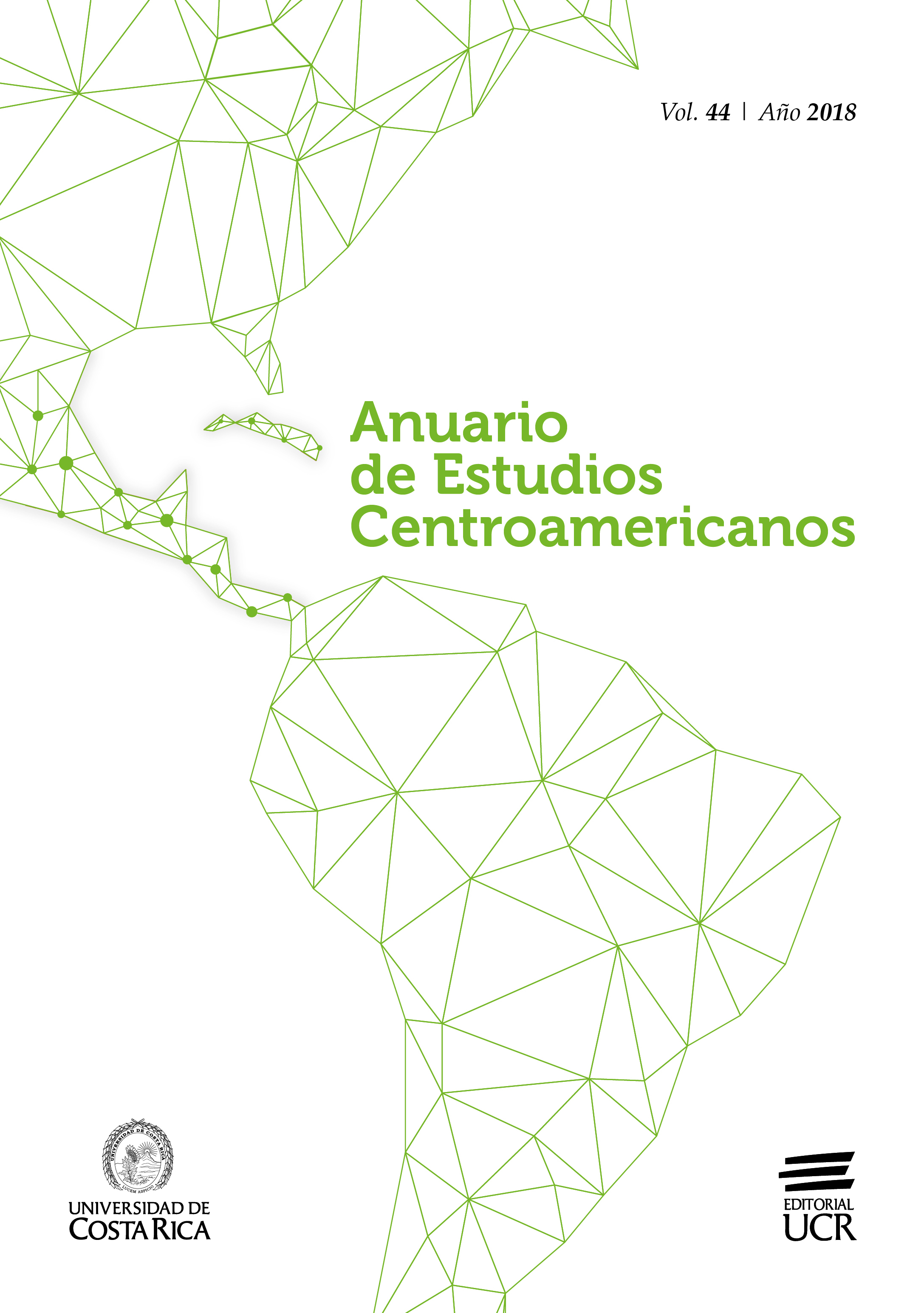Abstract
This essay proposes a comparative analysis of the formation of Nicaraguan and Costa Rican states during the Nineteenth and Twentieth centuries and it singles out the main historical periods of these processes. It puts forward that state formation is above all the result of conflicts and negotiations among different actors in the polity and in the military arena. Its main thesis is that, in the longue durée, the Costa Rican state formation has been cumulative and, on the contrary, in Nicaragua this process has been, again and again, incomplete. It elaborates some hypothesis in order to explain that opposite evolution of these states in the context of their connected or crossed histories.


